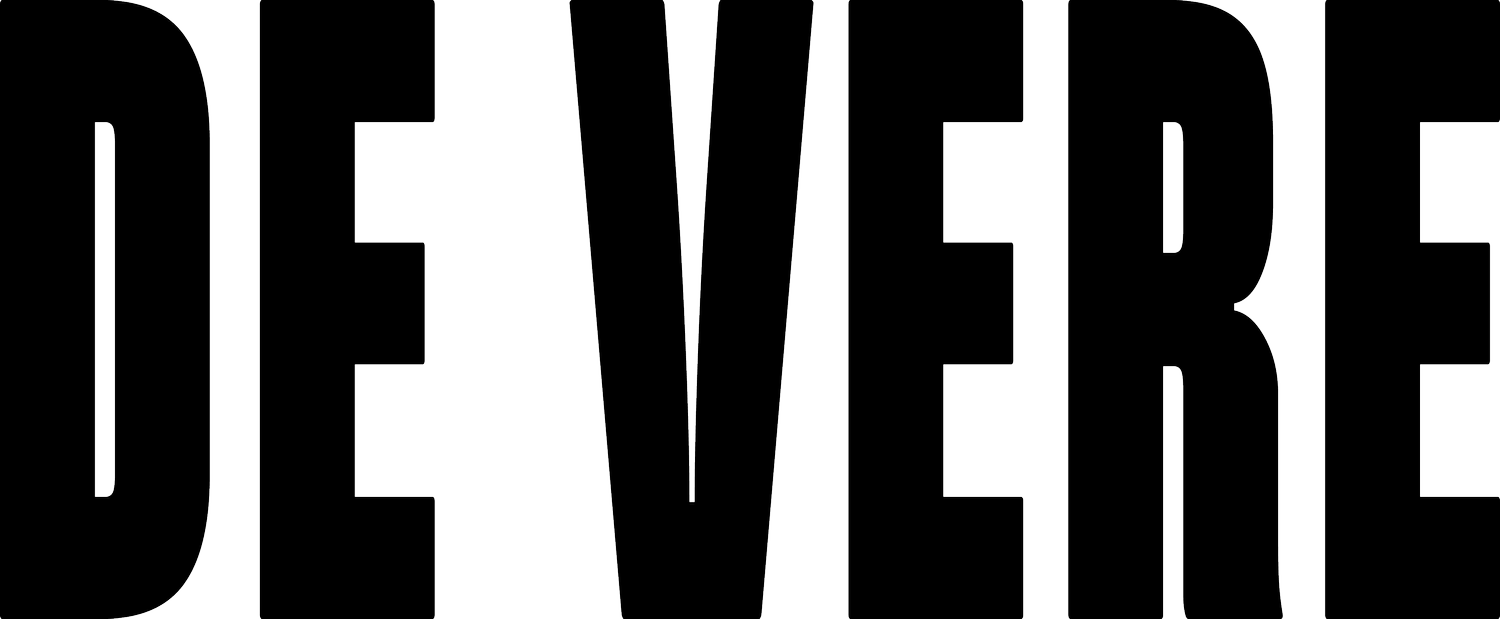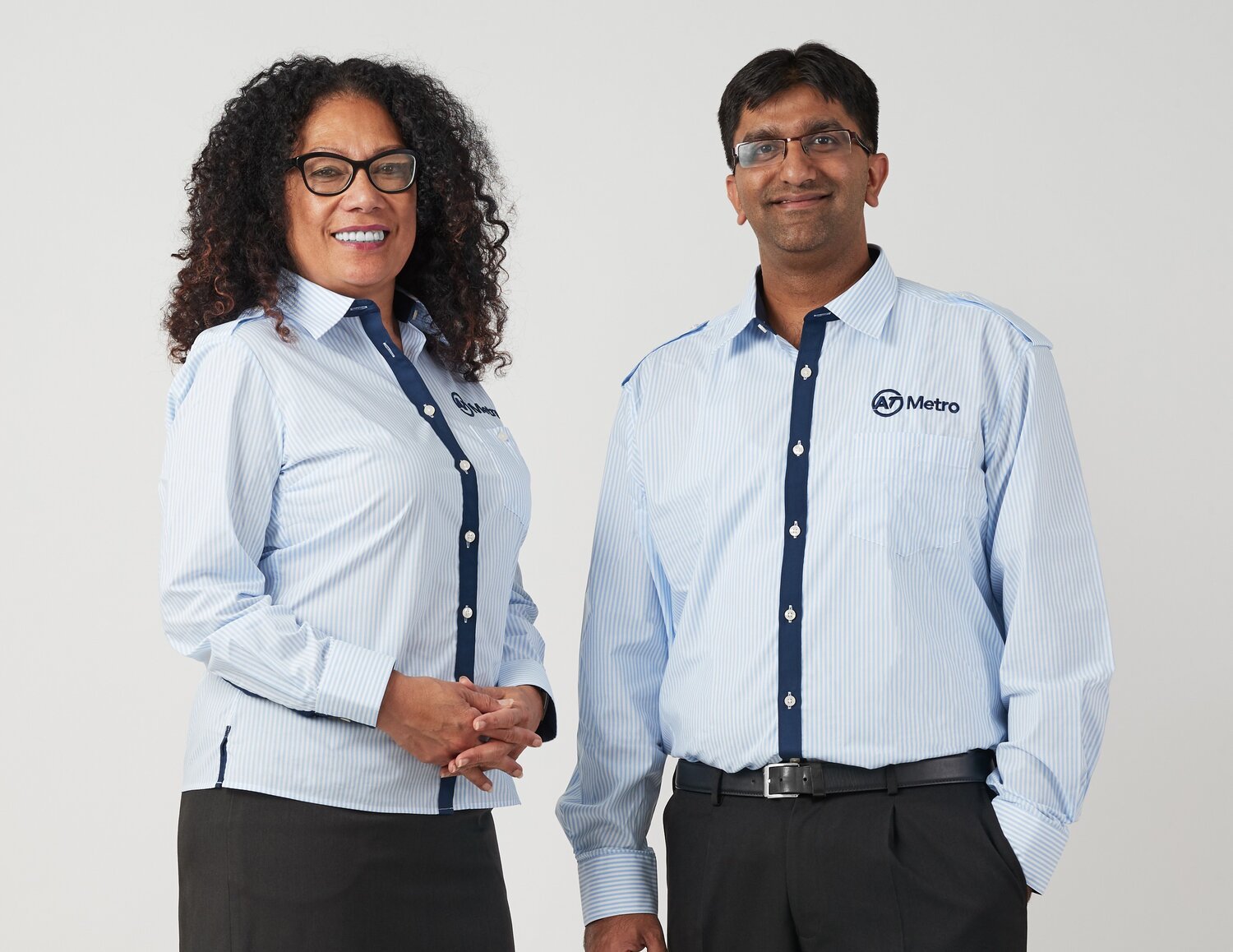We believe a better world starts with a better business.
At De Vere, we are committed to improving the way we work and the products we produce, to ensure we are considering environmental outcomes, and upholding ethical practices throughout our supply chain. This enables our partners a better choice in workwear and drives towards industry change.
Our 2024 Goals
We are consistently reviewing the impacts our business has on the environment and are committed to working towards improvement. We continuously engage in a rigorous evaluation of our environmental footprint, consistently striving for improvement. We recognize that there is no single, all-encompassing solution, and our commitment lies in consistently making conscientious choices that align with our values. As we work to achieve our goals, they become part of our ‘business as usual’ and our on-going sustainability commitment.
Despite our modest size as a business, we firmly believe in our capacity to effect significant positive change.
De Vere are proud to be a member of Mindful Fashion, an industry collective that unites New Zealand’s fashion and textile ecosystem to create an innovative, full-circle and thriving future for all through advocacy, collaboration and education.
To ensure our suppliers understand our standards and values in regard to upholding human rights, all De Vere suppliers must sign our Supplier Code of Conduct. To date, 100% of our Tier 1 suppliers have signed our Code of Conduct.
We diverted approximately 2000 kg of textiles going to landfill for Auckland Transport last financial year, which equates to approximately 6683.6 kg of GHG.
300 discontinued jackets were repurposed and given to school children as part of our circularity projects.
Biodegradable/Compostable carton liners were successfully introduced removing single use plastic bags.
We initiated our first year of offering our 100% take back program, helping our customers to ensure textiles and packaging does not end up in landfill.
Impact Highlights
BUSINESS AS USUAL
Our sustainability commitments.
PEOPLE & PRODUCTION
Code of Conduct | Supply Chain Transparency & Accredited Factorgies | Community
CIRCULARITY
Better Materials | Design for Circularity & End of Life Initiatives| Packaging
CARBON FOOTPRINT
Transport & Freight
People & Production
We take a sustainable long-term view of the products we supply and the impact we have on the environment. We actively employ measures to reduce a product’s lifecycle impact in pre-production/sourcing, manufacturing, distribution, and end of life. As a family-owned NZ company, we believe it is the right thing to do to effect change both in NZ and globally.
PEOPLE & PRODUCTION
Code of Conduct
We ensure that everyone who contributes to the production of our apparel, does so in a safe, fair and non-discriminatory workplace. We provide this for our employees and we also require this of our suppliers.
We have implemented a code of conduct with all our suppliers to ensure ethical practices in the workplace.
De Vere is proud to be a member of Mindful Fashion NZ, an industry collective that unites New Zealand’s fashion and textile ecosystem to create an innovative, full-circle and thriving future for all through advocacy, collaboration and education.
PEOPLE & PRODUCTIONS
Supply Chain Transparency & Accredited Factories
Currently, the majority of our CMT (Cut-Make-Trim) work is completed offshore with accredited factories located in China. We also proudly work with a handful of suppliers in New Zealand for a variety of services. We have established a supply-chain relationships and diversity strategy with NZ companies as part of our operating model to source and supply products from NZ manufactures (not just clothing). Approximately 20% of our current range is supplied from NZ brands, mostly in the accessories category which includes NZ merino items. Our retail company, RUBY, currently has 65% of its production made in NZ.
We also have a local manufacturing network that provide different services for our company: alterations, repairs, custom uniforms, embroidery and printing among others.
Our Chinese factories are audited by internationally accredited auditors such as BSCI. Our primary manufacturer in China has been a trusted partner for over twenty years. Alongside this maker we also work with two other separate manufacturers to produce knitwear and knit accessories.
Certifications Explained
-
SMETA is an audit, which helps you to understand standards of labour, health and safety, environmental performance, and ethics within your own operations or at a supplier site.
-
Quality management standard certification
-
International standard for environmental management systems (EMS)
-
The world's international standard for occupational health and safety, issued to protect employees and visitors from work-related accidents and diseases.
-
A certification for wool farmers and sellers that aims to improve the welfare of sheep and the land they graze on. The RWS standard requires certification achievers must meet rigorous animal welfare, land management and social requirements.
-
The Recycled Claim Standard (RCS) and Global Recycled Standard (GRS) set the criteria for third-party certification of recycled materials and chain of custody.
-
The Organic Content Standard (OCS) is a voluntary global standard that sets the criteria for third-party certification of organic materials and chain of custody.
-
The OEKO-TEX certification means the end-product and all its components are not dangerous to humans. Products that carry this label have been tested and proven free of harmful toxins.
-
Intertek assures quality, safety and sustainability around the world.
SGS are recognized as the global benchmark for sustainability, quality and integrity.
Circularity
Implementing sustainable practices includes creating a circular economy. A circular economy is all about creating an economic system aimed at eliminating waste and promoting continual use of materials. We are constantly reviewing what we have already achieved and then further aiming to implement new circular practices within our business.
Better Materials
We are continuously expanding our material library to offer more eco-friendly options to our customers. We have successfully introduced rPET to our range and have been replacing all our virgin polyester styles with the recycled option. Recycled polyester is also recyclable, however we unfortunately still don’t have a textile recycling facility in New Zealand to deal with textile waste.
Other preferred materials include GOTS and BCI cotton, GRS polyester, GRS cotton, Ecovero viscose (or other FSC certified viscose), Tencel, and bio-based performance fabrics such as Susterra and Sorona.
CIRCULARITY
Design for Circularity
Our process begins with thinking about the full life-cycle of a garment, designing for circularity with the ultimate goal to divert as many items from landfill as possible, creating a more closed-loop, sustainable, and environmentally friendly cycle. In collaboration with local social enterprises, All Heart NZ and Upparel, we repurpose or recycle wherever possible.
-
Creating products that are durable and long-lasting, reducing the need for replacements.
-
Designing products with components that can be easily disassembled, repaired, and reused. This reduces the disposal of items and promotes a culture of repair.
-
Choosing materials that are recyclable and incorporating them into the design to facilitate easy recycling at the end of a product's life.
Biodegradability: Using materials that can naturally break down in the environment without causing harm, especially for single-use products.
-
Minimizing the use of resources and materials while maintaining functionality and quality.
-
Focusing on designing out waste and pollution at every stage of the product lifecycle, from production to disposal.
Upparel is Australia & New Zealand’s leader in textile recovery and recycling. Upparel keeps everything circular from the beginning. They find solutions for reuse before recycling and utilise as much textile waste as possible. Their entire operational ecosystem exists within Australia and New Zealand, ensuring that our processes are sustainable, traceable, and kept close to home.
Reuse
In partnership with All Heart NZ, we upcycle discontinued and unused uniforms from our customers and from their previous uniform suppliers. Some of the uniforms are resold at the All Heart NZ stores, others are redirected and donated to communities the charity works with. Through this partnership we are able to support quality employment opportunities for target communities.
All Heart NZ is a charitable trust that provides a circular economy solution for redundant and end of line products and goods. Through the redistribution, repurposing and resale of these products, AHNZ support partner organisations to reduce poverty, increase access to education, and provide wellbeing services.
Upcycling
Using new but discontinued stock, we upcycled over 200 shirts into 2000 reusable masks for the Auckland Transport internal teams.
Packaging
CIRCULARITY
We have removed all single use plastics from our supply chain, replacing them with biodegradable liners. We also send all our uniforms to our customers in home compostable packaging by local company Better Packaging.
In our warehouse, we reuse all incoming boxes from production deliveries and re-purpose them for dispatching big orders to our customers. Small orders are sent in Better Packaging compostable mailers.
Carbon Footprint
We work with our customers using predictive stocking techniques and systems so that we can jointly limit the impact of distribution on the environment by adopting pollution abatement technologies and efficient transportation modes.
We have already set our base year of monitoring our carbon emissions and we are currently being certified by Toitū for our second year.
Our aim ultimately is to add value to help our customers understand emissions related to the products they purchase.
We aim to sea freight more than 90% of our offshore production.
Transport
How our fabrics and clothes arrive in New Zealand is important to us. Due to the high environmental impact of carbon emissions from a plane transporting airfreight, compared to the low emissions from a ship carrying shipping containers, we prioritise sea freight over air as a more sustainable transport option.
Two tonnes of freight carried for 5,000km by a small container ship creates 150kg of CO2e compared to 6,605kg of CO2e if the freight is carried by plane for the same distance. However, as sea freight can take 4-6 times longer than air freight, it is very important to have concise planning and stock management processes in place to minimise the risk of “rush orders” and increasing carbon emissions unnecessarily.
Our multifaceted approach to sustainability, circular economy practices, emissions reduction, and support for local businesses directly aligns with Auckland's Climate Plan objectives. Through partnerships, innovation, and conscious decision-making, we are making substantial contributions to create a more environmentally responsible future.















